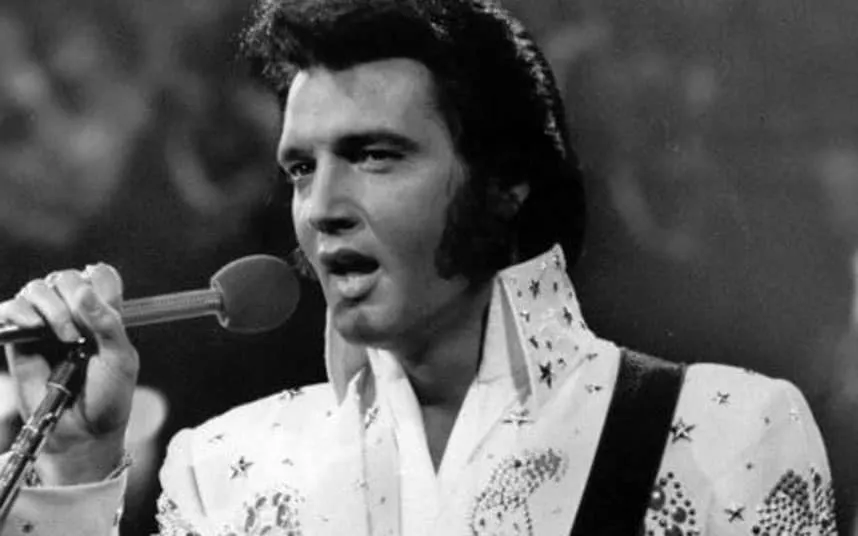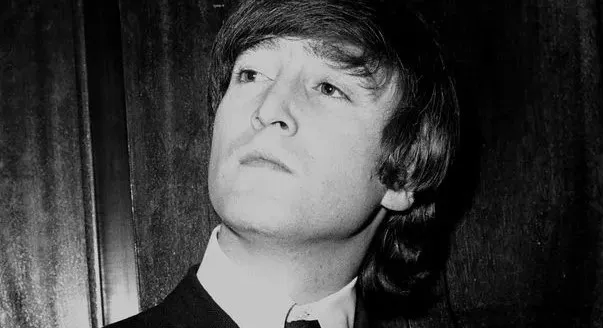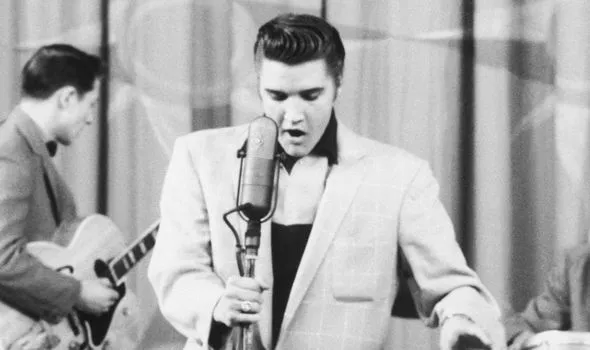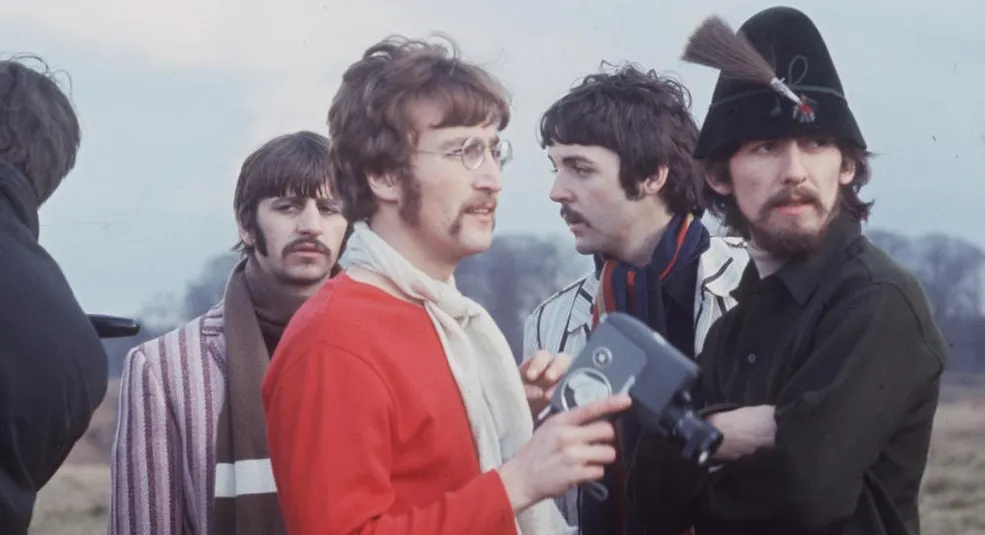Elvis Presley, known worldwide as the King of Rock 'n' Roll, was more than just a music icon. Amid his meteoric rise to fame, Elvis took a significant detour that many of his contemporaries never did—he served in the United States Army. This period of his life, often overshadowed by his music career, was a transformative time for Elvis and had a profound impact on his life and career. By the time he was honorably discharged in 1960, Elvis had achieved the rank of Sergeant. But what did his time in the Army entail, and how did it shape the man behind the legend?
In 1957, at the height of his popularity, Elvis Presley received his draft notice from the U.S. Army. The news shocked his fans and the entertainment industry. Elvis was already a household name, with hit records like "Heartbreak Hotel," "Hound Dog," and "Love Me Tender," and he was just beginning to establish himself as a film star. Many wondered if the Army would interrupt his burgeoning career or if Elvis would be granted special treatment due to his celebrity status.
However, Elvis was determined to serve his country just like any other young American. He famously stated, "The Army can do anything it wants with me." His decision to accept the draft with grace and humility earned him even more respect from the public and solidified his image as a true American icon.
Elvis officially entered the Army on March 24, 1958, and was assigned serial number 53310761. He reported for basic training at Fort Chaffee, Arkansas, where the press documented every step of his journey, including the famous moment when his hair was cut to meet military regulations. This haircut was symbolic of Elvis's transition from a rock 'n' roll rebel to a soldier, and it was a moment that resonated deeply with his fans.
After completing basic training, Elvis was stationed at Fort Hood, Texas, for advanced training as a tank crewman. Despite his fame, Elvis chose to live in the barracks with his fellow soldiers, eschewing any special treatment. He quickly earned the respect of his peers and superiors for his dedication and work ethic. Elvis’s decision to serve as a regular soldier rather than seeking out a less rigorous role or performing in the Special Services Division, which would have allowed him to entertain the troops, further demonstrated his commitment to his military duties.

In October 1958, after completing his training at Fort Hood, Elvis was deployed to Friedberg, West Germany, where he was assigned to the 1st Medium Tank Battalion, 32nd Armor, 3rd Armored Division. This period marked a significant chapter in Elvis's life, both personally and professionally.
While in Germany, Elvis lived off-base in a rented house in Bad Nauheim, where he was joined by his father, Vernon Presley, his grandmother, Minnie Mae, and a few close friends. This relatively stable and private environment allowed Elvis to maintain some normalcy while fulfilling his military duties.
During his time in Germany, Elvis met Priscilla Beaulieu, who would later become his wife. Their meeting in 1959, when Priscilla was just 14 years old, was the beginning of a relationship that would have a lasting impact on both their lives. Elvis's time in Germany also exposed him to new cultural influences, particularly in music. He became fascinated with European ballads and folk music, which would later influence his work.

Elvis’s military career was not without its milestones. He performed his duties diligently, rising through the ranks during his service. On January 20, 1960, Elvis was promoted to the rank of Sergeant. This promotion was a significant achievement, reflecting his hard work, leadership skills, and dedication to his military responsibilities.
Sergeant Presley received his stripes on February 11, 1960, just a month before his discharge. Achieving this rank was no small feat, especially for someone who was already a global superstar. It demonstrated that Elvis took his service seriously and excelled in his role, earning the respect of his fellow soldiers and superiors.
Elvis’s time in the Army had a profound impact on him, both personally and professionally. When he entered the Army, he was a 23-year-old rock 'n' roll sensation; when he left, he was a more mature and grounded individual, shaped by the discipline and structure of military life.
During his service, Elvis was exposed to new cultures and experiences that broadened his perspective. He also developed a deeper sense of responsibility and discipline, traits that would influence his approach to his career and personal life in the years to come. The Army provided Elvis with a temporary escape from the pressures of fame, allowing him to live as a regular person for a brief period.
The experience also marked a turning point in Elvis's music career. When he returned to civilian life, the music industry and popular culture had changed significantly. Rock 'n' roll was evolving, and new artists were emerging. Elvis faced the challenge of re-establishing himself in this new landscape. However, his time in the Army had given him the tools he needed to adapt and thrive.
Elvis was honorably discharged from active duty on March 5, 1960, with the rank of Sergeant. Upon his return to the United States, he was greeted by a wave of media attention and fanfare. The Army had not diminished his popularity; in fact, it had only increased the public’s admiration for him.
One of the first things Elvis did after returning home was to record new music. His first post-Army album, Elvis Is Back!, was released in April 1960 and was a commercial success. The album showcased a more mature and versatile Elvis, blending rock 'n' roll with blues and pop influences. It marked the beginning of a new phase in his career, one that would see him continue to evolve as an artist.
Elvis also returned to Hollywood, where he resumed his film career with the movie G.I. Blues. The film was a box office hit and capitalized on Elvis’s real-life Army experience, further cementing his status as a cultural icon.
Elvis Presley’s military service is an integral part of his legacy. It showed the world that even at the height of his fame, Elvis was willing to serve his country and fulfill his duties like any other citizen. His decision to enter the Army, when he could have easily avoided it or sought special treatment, earned him widespread respect and admiration.
The rank of Sergeant, which Elvis achieved during his service, is a testament to his dedication and hard work. It also symbolizes a period of personal growth and transformation for Elvis, one that would influence the rest of his life and career.
Elvis Presley’s time in the Army is one of the most fascinating chapters of his life. From his entry into the service as a global superstar to his promotion to Sergeant and eventual discharge, Elvis’s military career is filled with significant moments that shaped who he was as a person and an artist. His decision to serve, despite the potential impact on his career, demonstrated his commitment to his country and his desire to experience life beyond the spotlight.
As we explore the facts about Elvis Presley’s Army career, we gain a deeper understanding of the man behind the legend. His time in the Army was more than just a detour in his career—it was a formative experience that helped shape the King of Rock 'n' Roll into the iconic figure he remains today.



